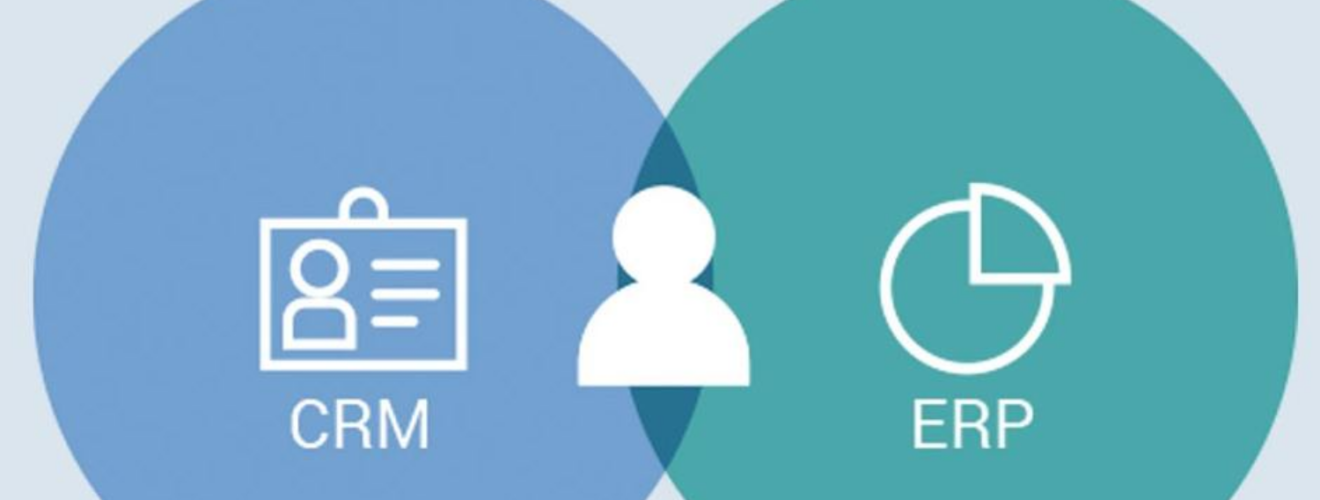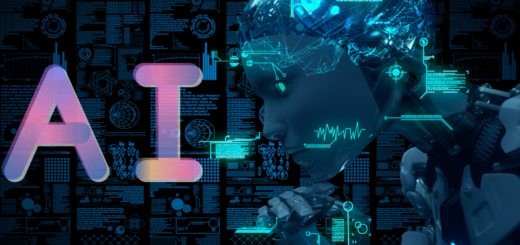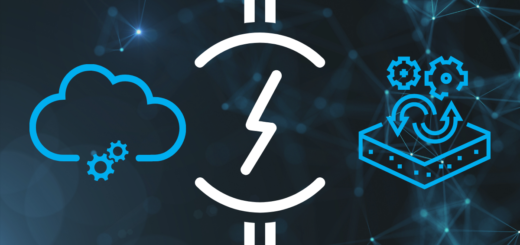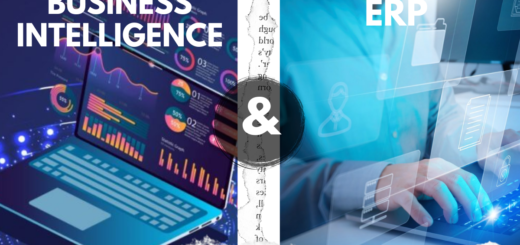ERP VS CRM | Useful Key Differences Between ERP And CRM

Organizations regularly can’t consider the differences between a customer relationship management system (CRM) and an enterprise resource planning (ERP) system. The two systems are comparative from numerous points of view yet have diverse centre functionalities. Both are significant business solutions that work on both income and productivity. Things being what they are, would you say you are prepared to understand the differentiation? Let’s compare!
Explaining a CRM system
CRM systems are intended to record and store each snippet of information with respect to customer associations. The data is standardized and effectively shareable all through the organization. To represent, if someone from the sales rep has a call with a possible client, they may enter new information, for example, contact details and notes about the discussion they had.
Then, at some point, a marketing individual may utilize that information to tailor another customized newsletter. They should pull up the record in the CRM system. With the right system, organizations can organize and fragment every aspect of the customer experience.
Besides, CRM systems can curate sales projections, support the possibility through the sales channel, handle invoices and communication, and more. A CRM further develops proficiency, builds sales, and offers more exactness with customer data. Therefore, customer relations are improved.
Here are several features you can execute with a CRM system:
- Automate and manage marketing campaigns
- Analyze purchasing patterns
- Offer high-quality customer support
- Automate redundant tasks
- Identify new leads
- Streamline the sales process
Explaining an ERP system
Like a CRM, ERP software is intended to smooth out business tasks. While a CRM centre around the sales side of the company, an ERP system is coordinated and carried out across various divisions.
At its centre, an ERP system offers interconnected management of explicit business measures. Thus, you can get standardized information all through each division progressively. Any issues send as alarms to assigned beneficiaries.
The company can then concentrate more on data and less on operations. There are fewer errors, and organizations can settle on better choices.
Features you can utilize with an ERP system:
- Enter business process information in real-time
- Get alerts about issues
- Manage hiring initiatives
- Track manufacturing and supply chains
- Manage benefits, payroll, and employee information
- Create enterprise-wide strategies
- Update accounts
- Process orders
Different approaches to business processes
Both ERP and CRM systems further develop efficiencies in business measures. However, an ERP system centres around diminishing expenses by making business measures more productive. The two solutions offer focal depositories for customer data.
All things considered, a CRM system works best as a facilitator of higher sales volume and as an improvement in customer connections. Using a CRM or an ERP system is better than rummaging for customer data using email chains, handwritten epistles, and immediate communications despite the business size.
Since each company needs to improve customer relations, a CRM guarantees customers are fulfilled and faithful. With an ERP system, each office can understand the work process with different offices.
Leaders can likewise get an ongoing outline of what’s going on in each division. This is exceptionally basic for emerging companies and companies who want to scale.
Deciding between a CRM or an ERP system
For companies that want to boost their development regularly, wonder which system to execute first. It very well may be a troublesome choice since they both have remarkable benefits. To scale, companies should build sales and benefit in this way, which requires a CRM system.
Then again, an ERP system drives the business with exact and precise inter-departmental data. Before organizations can reduce expenses, they should have benefits. Additionally, a company can be amazingly organized at this point not make enough sales to keep working. Business measures are just conceivable with predictable sales income.
So, what’s the answer? Well, you need both. A CRM system drives sales, and an ERP system helps to streamline operations and reduce overall costs. Working together, a CRM and an ERP can maximize business growth.


